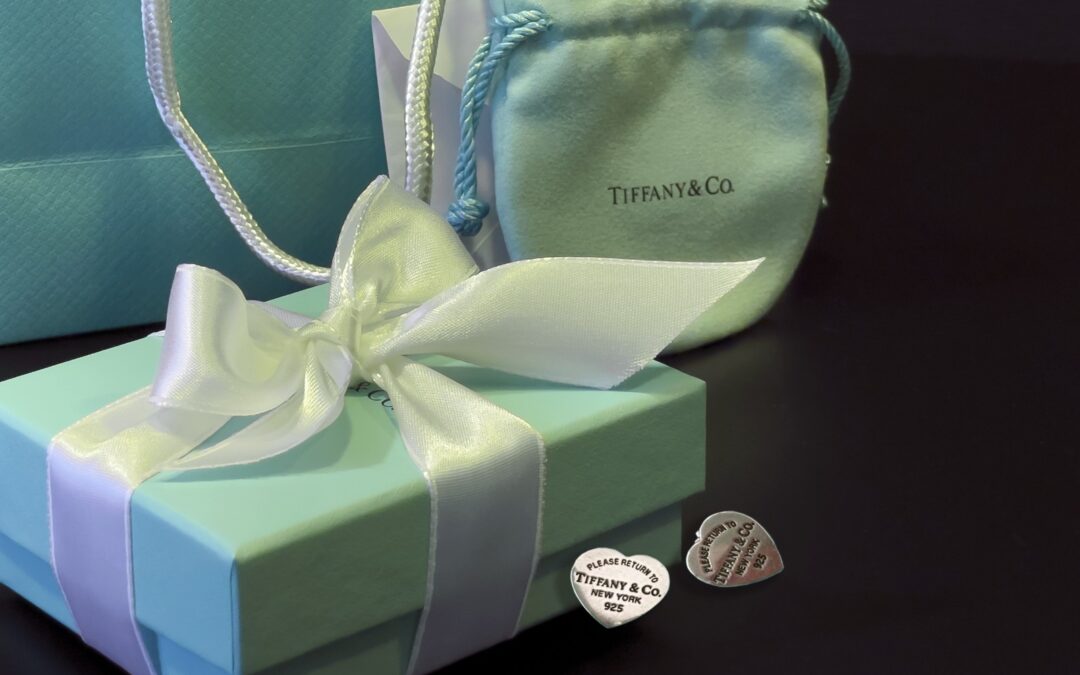
RETURN TO TIFFANY
Return to Tiffany is Maison Tiffany’s iconic collection.
Its origins date back to 1966, when Tiffany first began selling key chains with the now famous phrase “Please Return to Tiffany & Co. New York.”
The key chains were assigned a unique registration number, which ensured that Tiffany & Co could trace the keys back to the owner if they were lost.
That’s why Return to Tiffany: because the prestigious Fifth Avenue store would be able to reunite the data through a precise and confidential serial number.
In the fifty years that have passed, the Return to Tiffany collection has made its mark as a symbol of the tradition of craftsmanship, a fundamental pillar of Tiffany.
A Tiffany advertisement showed the perfect gift for Valentine’s Day: a heart-shaped Return to Tiffany tag in 14-karat yellow gold, priced at $11 …
Over time, there have been several evolutions: in 1980, Tiffany debuted the first piece of jewelry incorporating the Return to Tiffany tag, a heart-shaped yellow gold pendant on a necklace.
The collection expanded to an assortment of rings, bracelets and earrings, each with its own personality, all engraved with the emblem reminiscent of Tiffany‘s unparalleled style.
Have you ever happened to lose something?
I’d like you to tell me that you found it or that it was returned to you by some good soul.
According to Article 928 of the Civil Code the delivery of the object found must be made known by publication for two successive Sundays and must remain posted for three days each time.
These seem like archaic concepts now that all kinds of information is disseminated online.
In Japan have a special name for lost or forgotten items: WASUREMONO 忘れ物.
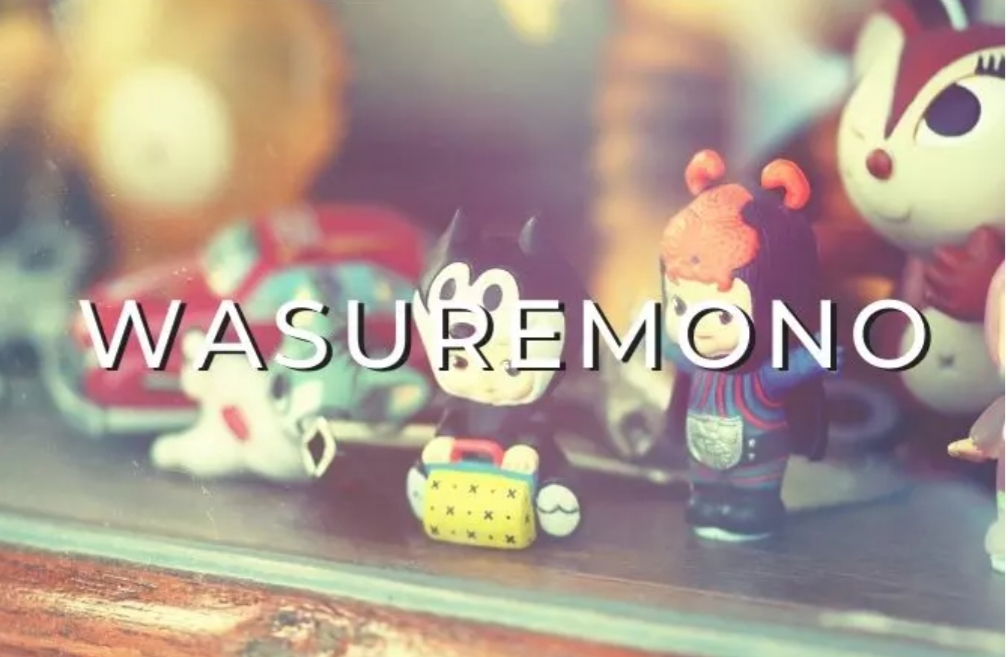
Don’t you find it cute?
For them then, return is a very important issue; they are extremely precise and accurate.
The most commonly forgotten items are:
. cell phone
. bag
. train, bus, metro pass
. wallet
. umbrella
. keys
. electronic cigarette
Keys therefore come long after an object that did not exist in 1966: the cell phone, yet Tiffany’s continues to represent somewhat “the heart of New York.” Or not?
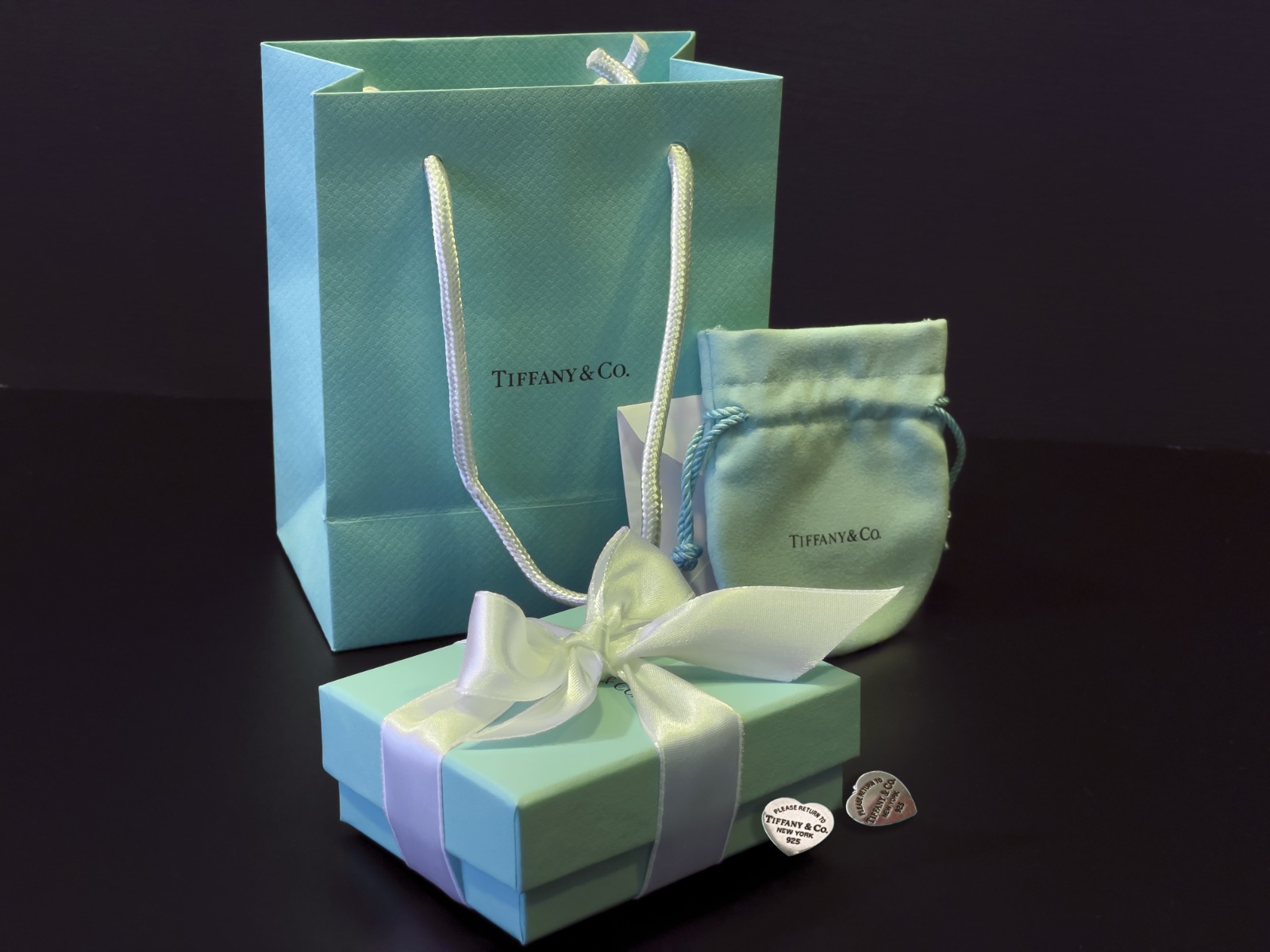
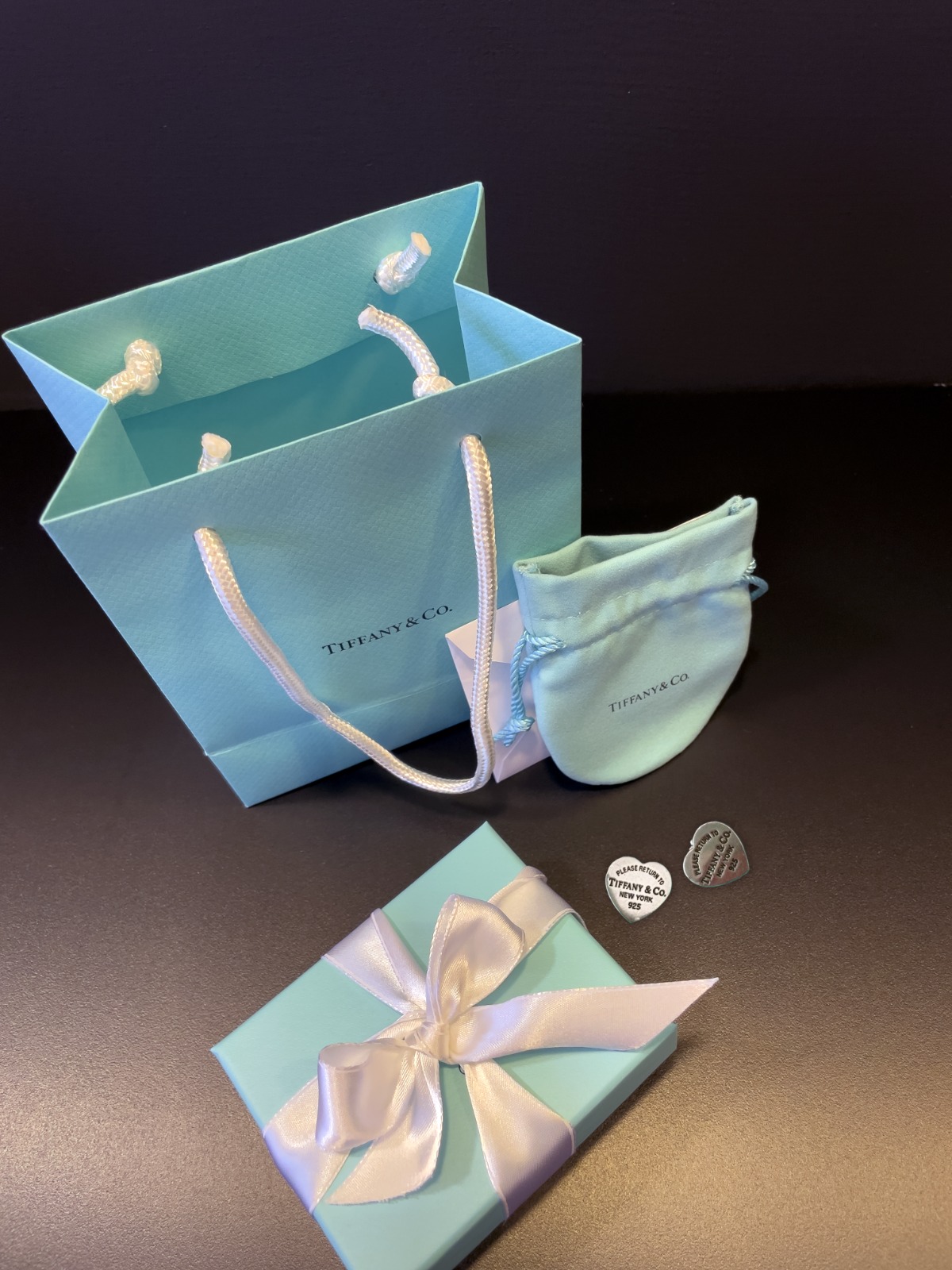



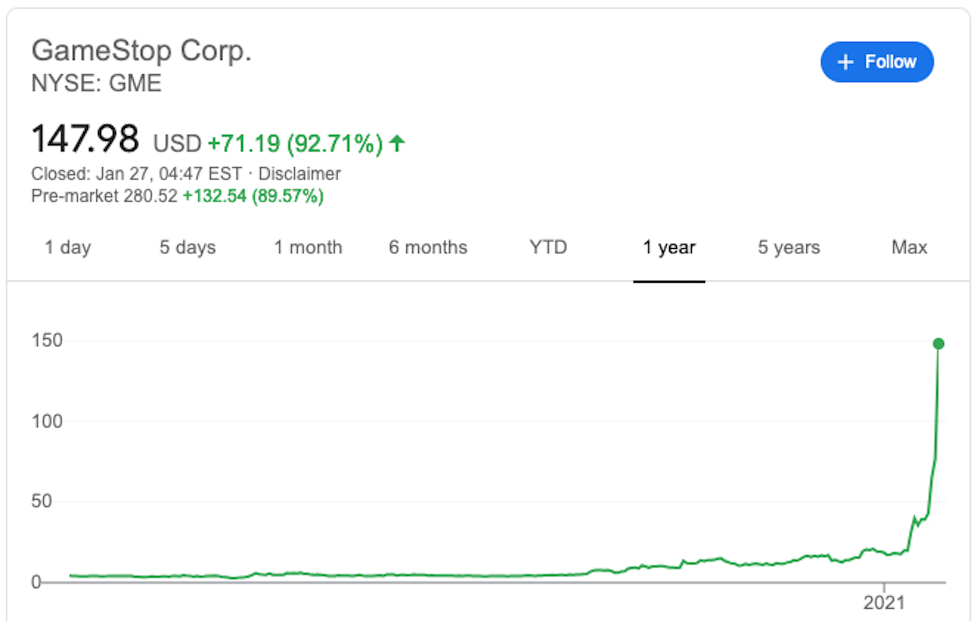


 Hi I'm Claudia and this is KCDC.
Hi I'm Claudia and this is KCDC.





LATEST COMMENTS